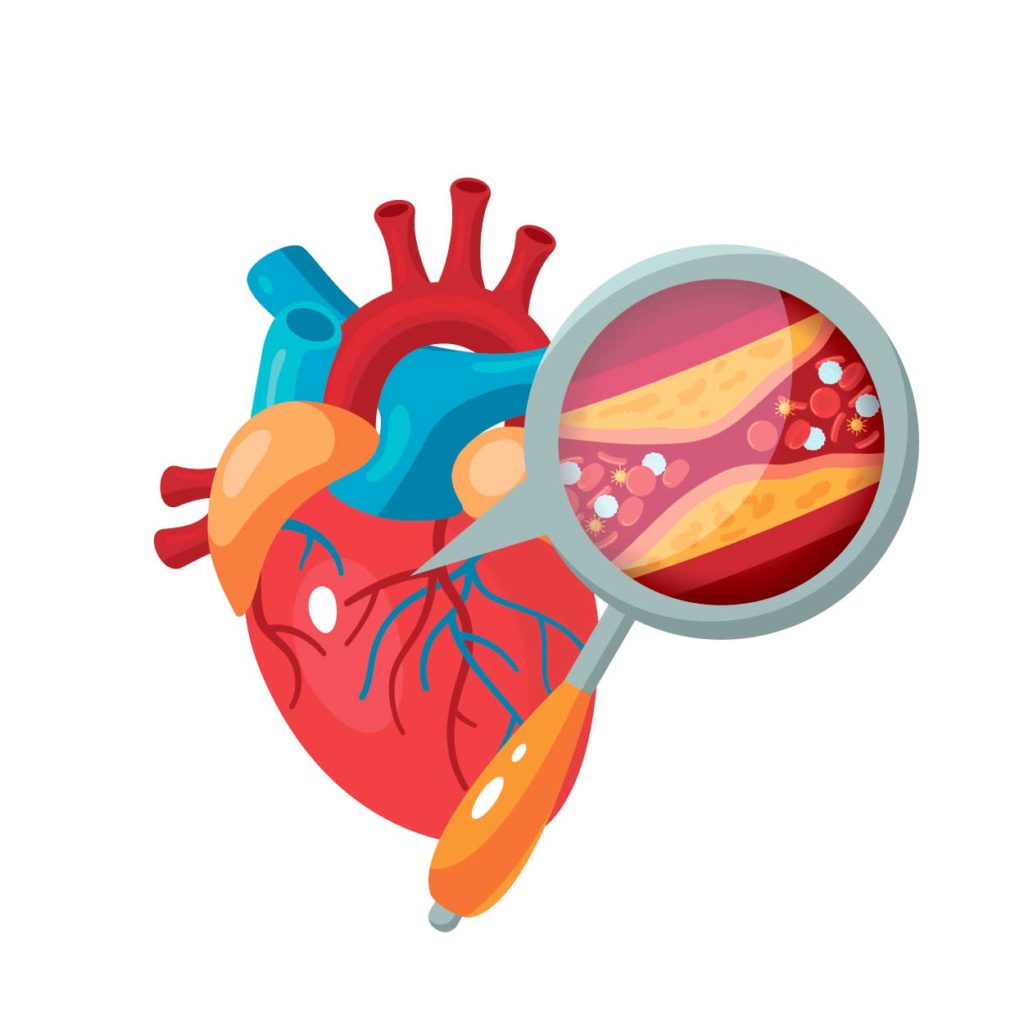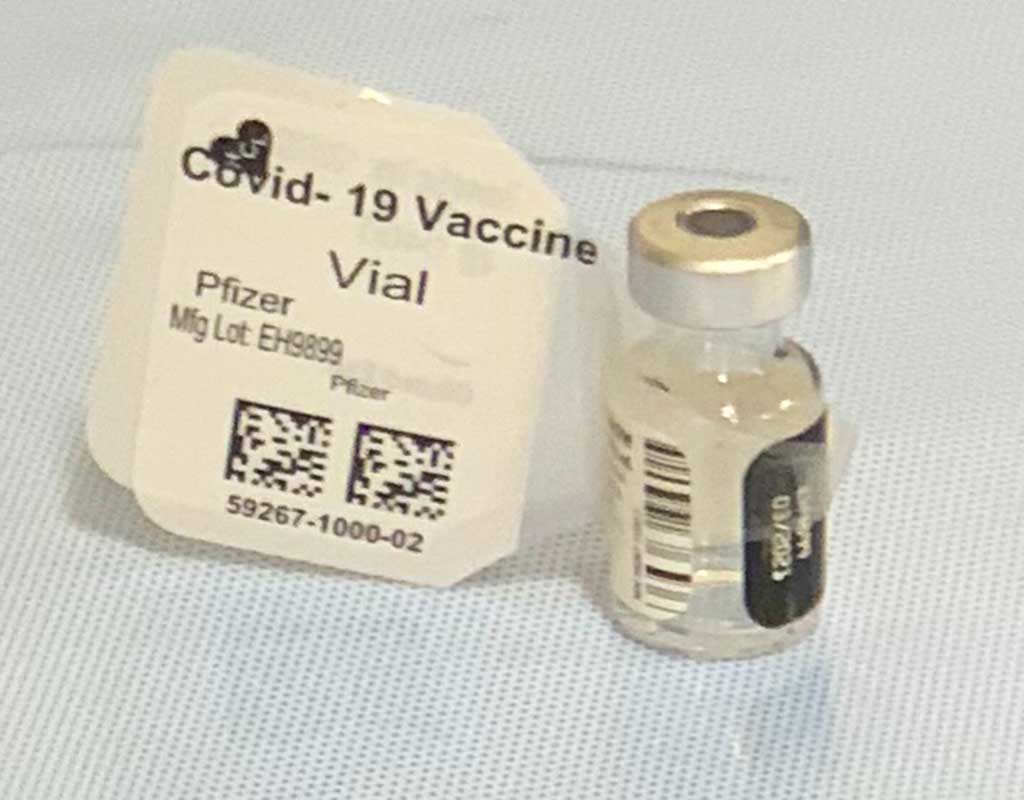
By Craig Brett, MD
Each February, we observe Heart Month, which places a national spotlight on the important role that healthy lifestyles play in preventing heart disease. Because those with poor cardiovascular health are also at increased risk of severe illness from COVID-19, focusing on heart health has never been more important.
It’s more common than you think
According to the CDC, heart disease is the leading cause of death for men and women in the United States. With about 659,000 people dying from heart disease each year, that’s one in every four deaths.
The most common form of heart disease in America is coronary artery blockage. The coronary arteries are very important blood vessels that feed the heart with blood. As people become older, particularly if they have certain risk factors, the coronary arteries can become filled with a fatty substance that restricts blood flow to the heart. When this happens, people can develop chest pain or a pressure-like sensation that is called angina. If left untreated, this process can eventually cause heart damage and a weakened heart.
Risk factors
There are several conditions that can increase the likelihood of having coronary artery blockages. A family history of this problem may reflect the presence of genes that make this more likely. It is well known that people who smoke, or who have high blood pressure, high cholesterol, or diabetes, are at especially high risk. These are known as ‘risk factors’ and it is very important to know if you have them. People who have risk factors can be treated and significantly lower their risk of having a heart attack.
Know your numbers

All people should know their blood pressure. This can be recorded at a doctor’s visit or at home with a blood pressure monitor. It is best to measure blood pressure in the morning, while seated with your feet resting on the floor and your arm at your side. Take several measurements each week and write them down so that your doctor can see what the average measurement is. To help keep blood pressure in the normal range, it is important to maintain a healthy weight, do regular exercise, and restrict salt in your diet.
Cholesterol levels and blood sugar levels (for diabetes) are measured by a simple blood test. If these tests show elevations, there are several options for treatment, including lifestyle changes and medications. Some people will have a genetic tendency for high cholesterol even if they eat a healthy diet and are not overweight. Because this condition has no symptoms, people will not know they have it unless they are tested. In this case, people benefit from medication to reduce their cholesterol levels to lower their risk of having a heart attack. There are now many cholesterol medications that are inexpensive, safe, and very effective.
The important thing is to “know your numbers” so that you will know if you are at increased risk. It is much better to prevent the development of heart disease than to treat it once it has already occurred.
Dr. Craig Brett is a cardiologist at Northern Light Mercy Cardiovascular Care, which is located at 195 Fore River Parkway in Portland.
Content Provided By
Northern Light Mercy Hospital is a nonprofit community hospital sponsored by the Sisters of Mercy. Northern Light Mercy Hospital is a paid advertiser.




